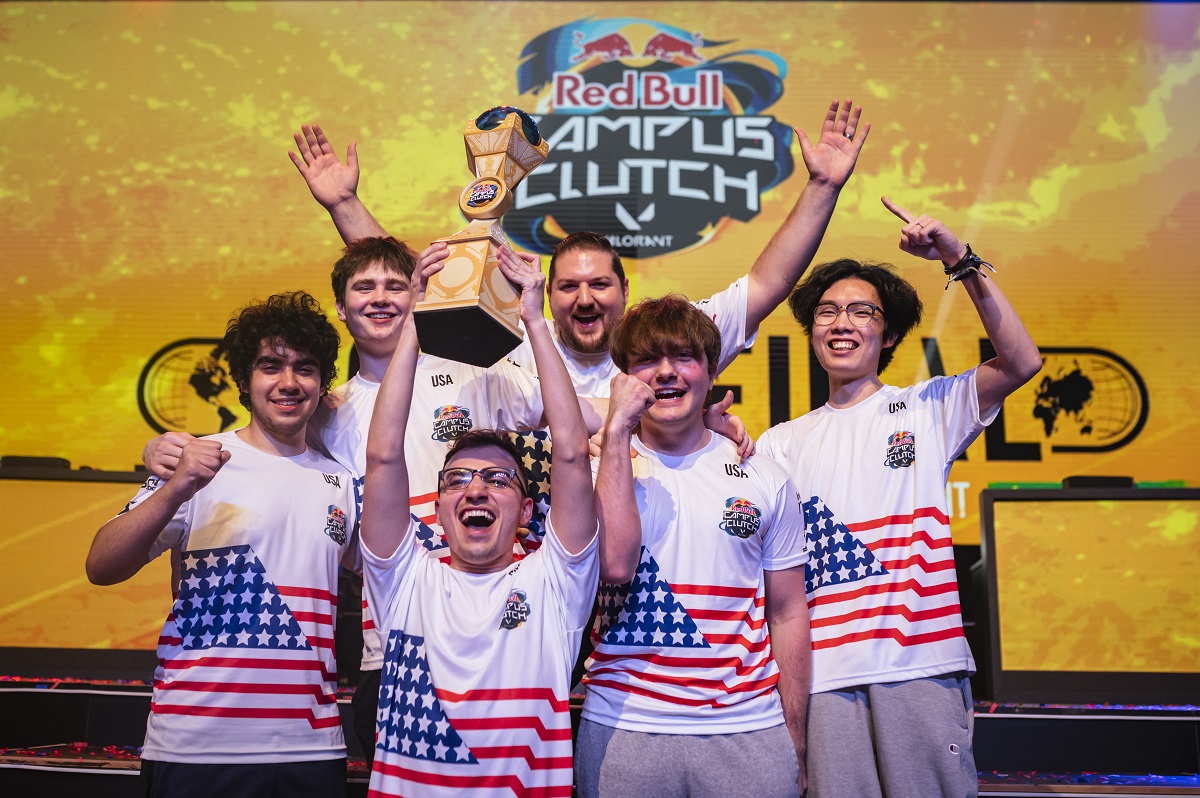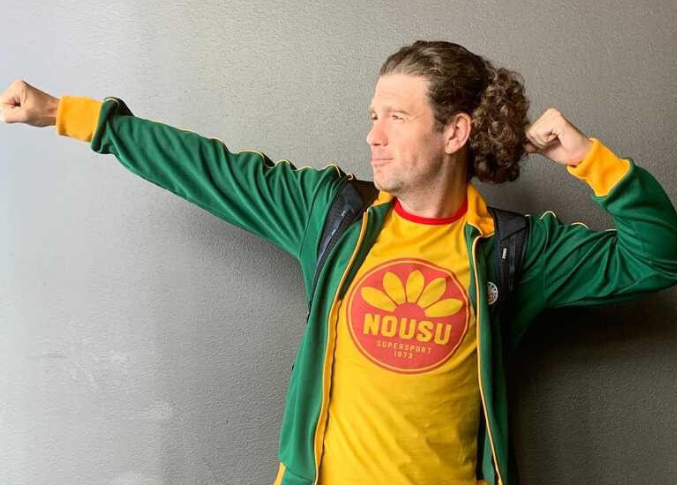
USA Take Victory At Red Bull Campus Clutch 2022
Red Bull Campus Clutch, the global student VALORANT tournament, concluded tonight with an explosive finale that saw USA take victory at the epic Estádio do Pacaembu, Sao Paulo, Brazil. The Grand Final put an exclamation mark on the tournament that saw over 30,000 participants, 400 events and an international LAN final that for many players is the biggest stage they have ever played on. 50 teams arrived in Brazil on December 13th, and the following four days of intense gameplay proved USA the champions, taking home bragging rights, €20,000 and an exclusive VIP experience at a 2023 VALORANT Tournament event.
The Red Bull Campus Clutch World Final saw 135 matches over 4 days, with official streams across three separate languages (English, Spanish, Portuguese), with 42 total streams and 39 co-streams.
Friday kicked off with the two Semi Final matches, USA vs Macedonia, and Canada vs Poland. Canada and Poland started the action first, with a back and forth affair that saw Canada take the first map 13-6, Poland come back in game two with a 13-6 victory on Haven, before a tight third game that saw Canada take out Poland 13-10.
USA more easily found their path to the Grand Final, outclassing the underdog Macedonia 13-8 and 13-10. The energetic Sao Paulo crowd tried all they could to support Macedonia from the stands, however USA were in a different class as they stormed through the opposition, hungry to meet Canada for an all-North American Grand Final.
USA kicked off the best of five Grand Final with a quick 13-4 win, a sign of things to come. Canada clawed back a victory on the second map, Icebox, however once again the stamina and class of USA came through as they took the next two maps, and the trophy, with 14-12 and 13-7 wins on Haven and Bind respectively. A win for a team that has not spent a great deal of time playing together, their talent and confidence meant that they put on a dominant performance against some of the best student teams the world had to offer.
On what a win at Red Bull Campus Clutch meant, Micheal ‘Dark3st’ Herrera said “Honestly, we put so much effort into this, we put so much time into playing together, and it feels amazing.” Ali Salahedin followed up on the experience “It was honestly great. The locals were all very nice to us, everyone in Sao Paulo has been very nice and welcoming. Thank you all for coming out to support us, it means a lot!”
Alex “Vansilli” Nguyen said on the Grand Final “I don’t think I was expecting a North American final. We’ve seen Egypt, defending champions, coming in from last year. So many teams and so many matches, even in the group stages, that went into overtime. This game is only two years old, going into the third year, and we’re already seeing that from all these regions around the world they’re bringing that competition. I don’t think there’s one strong region for VALORANT, either in VCT or collegiate events such as Red Bull Campus Clutch.”
Red Bull Campus Clutch is a grassroots esports initiative bringing up-and-coming student VALORANT players of every skill level together as they team up and experience competitive gaming as they have never before. In its first year, the tournament showcased up-and-coming talent who went on to establish a career in the pro scene. Now wrapping up its second year, the 2022 tournament saw over 30,000 participants and more than 400 separate events, culminating in an epic LAN finale in the Estádio do Pacaembu, Sao Paulo, Brazil.
The Red Bull Campus Clutch World Final was also supported by the tournament’s four outstanding partners. Intel NUC, renowned for packing high-powered gaming rigs in small form factors, supported with their top-notch Gaming PCs. SteelSeries, the worldwide leader in gaming and esports peripherals, is the official Peripheral brand of Red Bull Campus Clutch equipped students with award-winning gaming headsets, keyboards, and mice. Backforce, the new Gaming Chair partner, provided ergonomic chairs that can boost performance and help maintain high-level gaming over long, competitive sessions. And the official Monitor Partner, AGON by AOC provided high-performance gaming monitors for the event.










